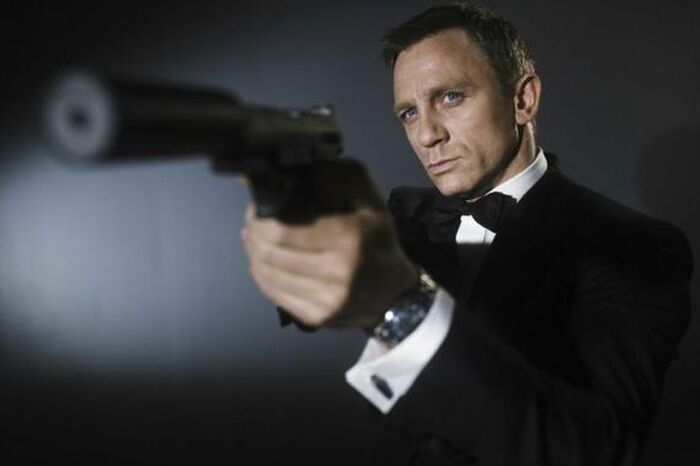The Alienist review: ‘suffocated in smoggy New York’
A stunning evocation of time and place cannot quite make up for The Alienist’s serious flaws

Against the backdrop of old New York’s dirty streets and sodden rooms, The Alienist tells the tale of Dr Lazlo Kreizler (Daniel Brühl), a brilliant psychologist intrigued more by the character of a sodomite child killer than the horror of his actions. The show opens as it means to go on – with a dark and foggy night on an incomplete Manhattan Bridge, the tortured corpse of a small boy lying beneath the snow.
Over the 10 episodes of the drama, we follow Kreizler and his team as they crawl down dead-ends and scour the skies for clues, gradually building up an abhorrent image of the child-killer Japheth Dury. An intensely engaging second half does much to haul a laborious first into merit, though admittedly this engagement is derived less from any technical or creative excellence on the part of the filmmakers than from the sheer malignancy of the serial killer himself.
Praise for the show’s evocation of the 1890s is certainly warranted.
Although the world itself is intricate, the characters that populate it are burdened with a story oftentimes lacking in subtlety, particularly in the first half of the series. Dakota Fanning is consistent as Sara Howard, a layered character whose development is both believable and ultimately satisfying. Her budding flirtations with John Moore (Luke Evans), moreover, bare the fruits of a charming chemistry. The investigative team is completed by the young Jewish twins, Marcus and Lucius Isaacson (Douglas Smith and Matthew Shear), whose performances strike a brilliant balance between depth and simplicity. Krühl as Kreizler, however, seems intent on ensuring every word is waited upon in the manner of a suicidal Hamlet. An over-saturation of murmured lines and an inclined brow diminish the meaning of those words that truly deserve such treatment. Despite this, the later dismantlement of his conceit leads to some touching, if not slightly gratuitous, moments of honest pain.
Unfortunately, it is impossible to watch the first episodes without finding the tension forced. Unmotivated camera movements, along with incessantly repetitive music designed to create said tension, do little more than distract from the unfolding plot.
Praise for the show’s evocation of the 1890s, ranging from the wonderfully immersive to the jarringly acute, is certainly warranted. However, it is somewhat bittersweet that this greatest strength of the show is also a serious weakness. Ultimately, too much time and effort is spent on contextualising so as to take away from the quality of the story, with many threads of narrative left frayed and incomplete. The writers, who have credits on True Detective and Black Mirror, seem to have lost their ingenuity with this series, relying too heavily on common tropes and coincidental if not downright improbable circumstance to move the plot forward.
Despite some obvious faults though, it is difficult to deny that the series is an engaging one. Not for the fainthearted, The Alienist ostensibly tells of the abuses suffered by a man driven to madness – but it is perhaps in the holding up of a mirror to our own deepest secrets that lies the series’ truest horror.
 Music / The pipes are calling: the life of a Cambridge Organ Scholar25 April 2025
Music / The pipes are calling: the life of a Cambridge Organ Scholar25 April 2025 Arts / Plays and playing truant: Stephen Fry’s Cambridge25 April 2025
Arts / Plays and playing truant: Stephen Fry’s Cambridge25 April 2025 Comment / Cambridge builds up the housing crisis25 April 2025
Comment / Cambridge builds up the housing crisis25 April 2025 Interviews / Dr Ally Louks on going viral for all the wrong reasons25 April 2025
Interviews / Dr Ally Louks on going viral for all the wrong reasons25 April 2025 News / Candidates clash over Chancellorship25 April 2025
News / Candidates clash over Chancellorship25 April 2025






